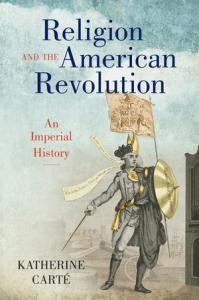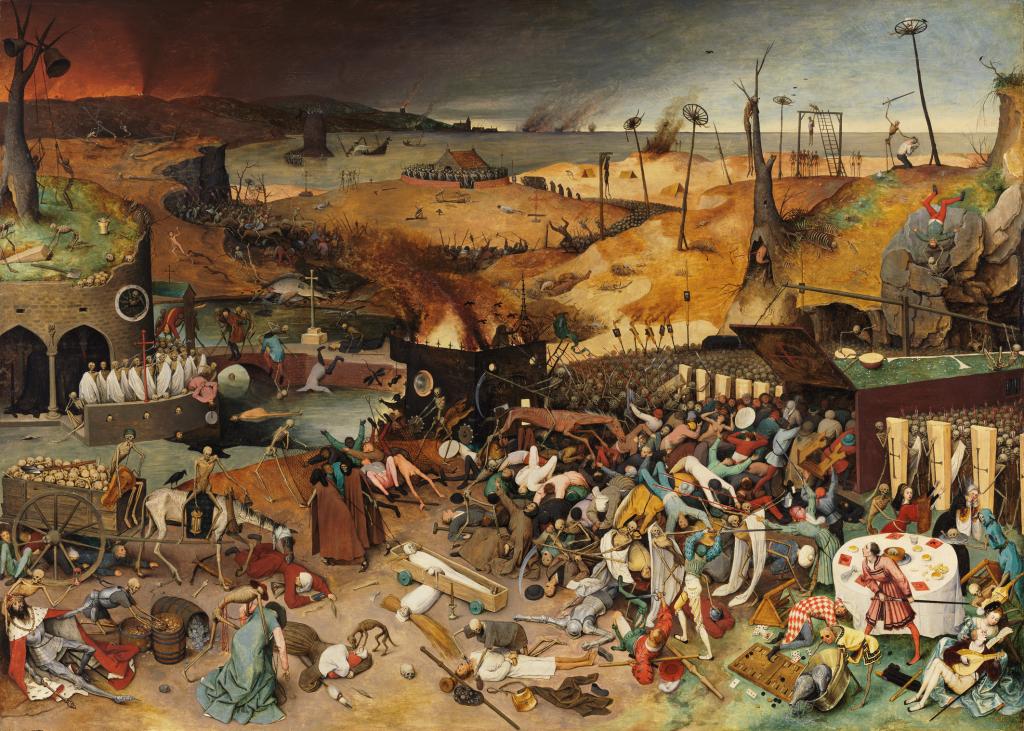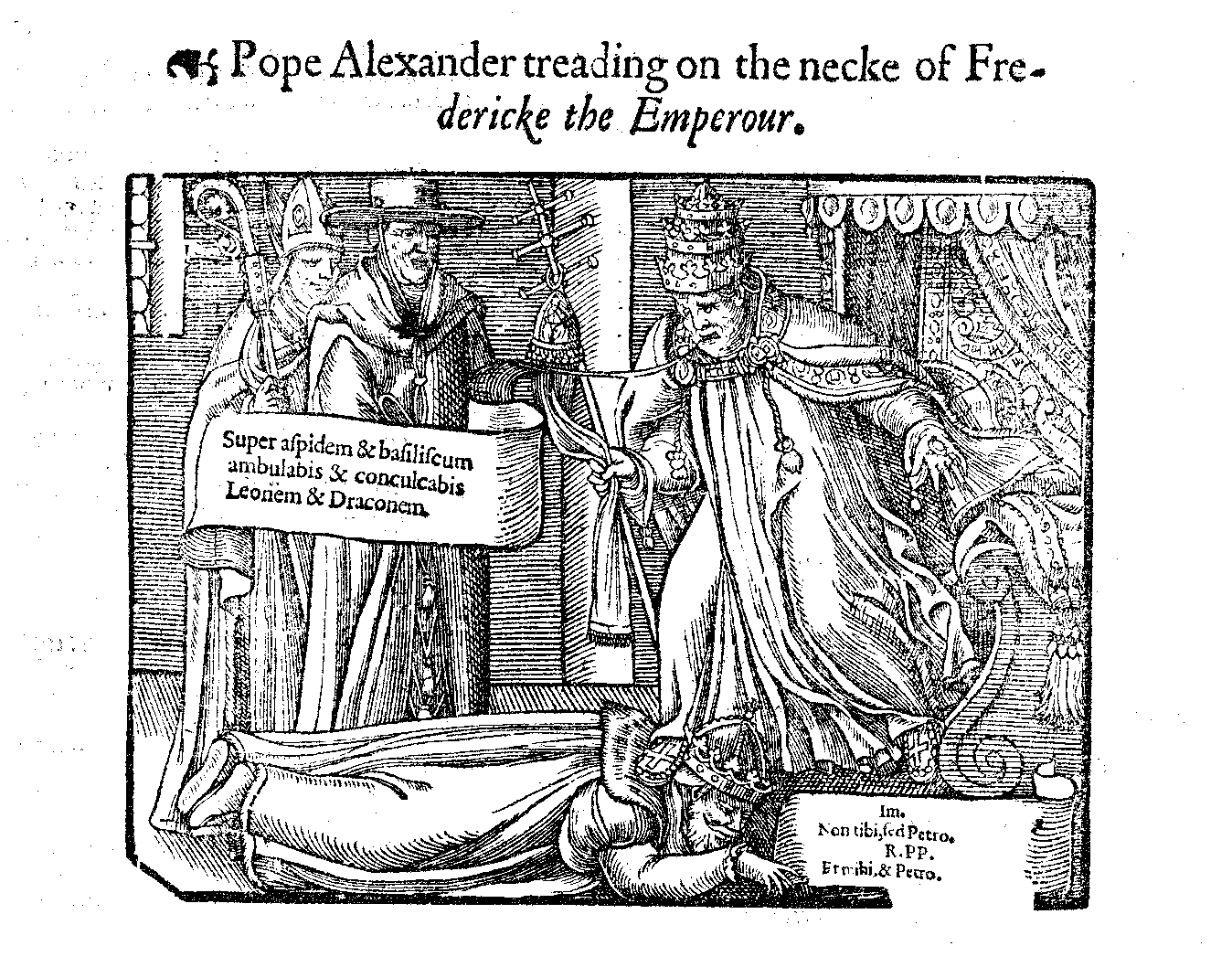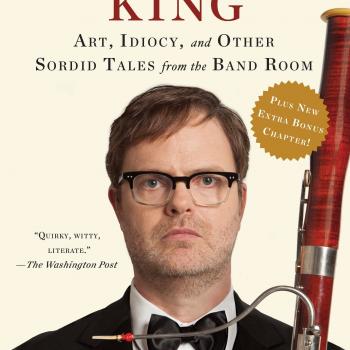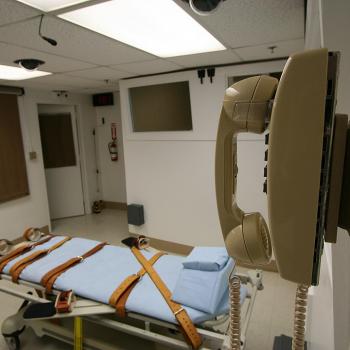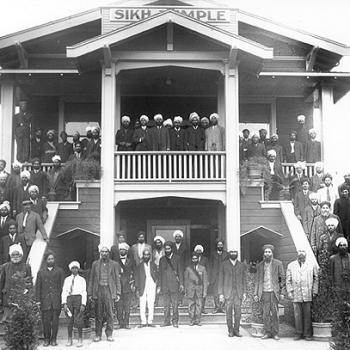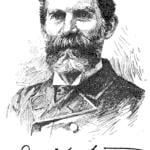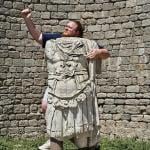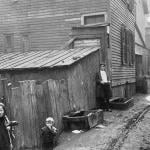It is a truth universally acknowledged that the number of Americans who identify with Christianity is declining steadily, while the number of Nones – those who refuse identification with any denomination or faith – is growing sharply. Probably within five years or so, the nation’s largest religious group will be the Nones, as they move steadily ahead of evangelicals and Catholics. Assuming we care about the fate of religion, how worried should we be? Some argue that the churches are... Read more



